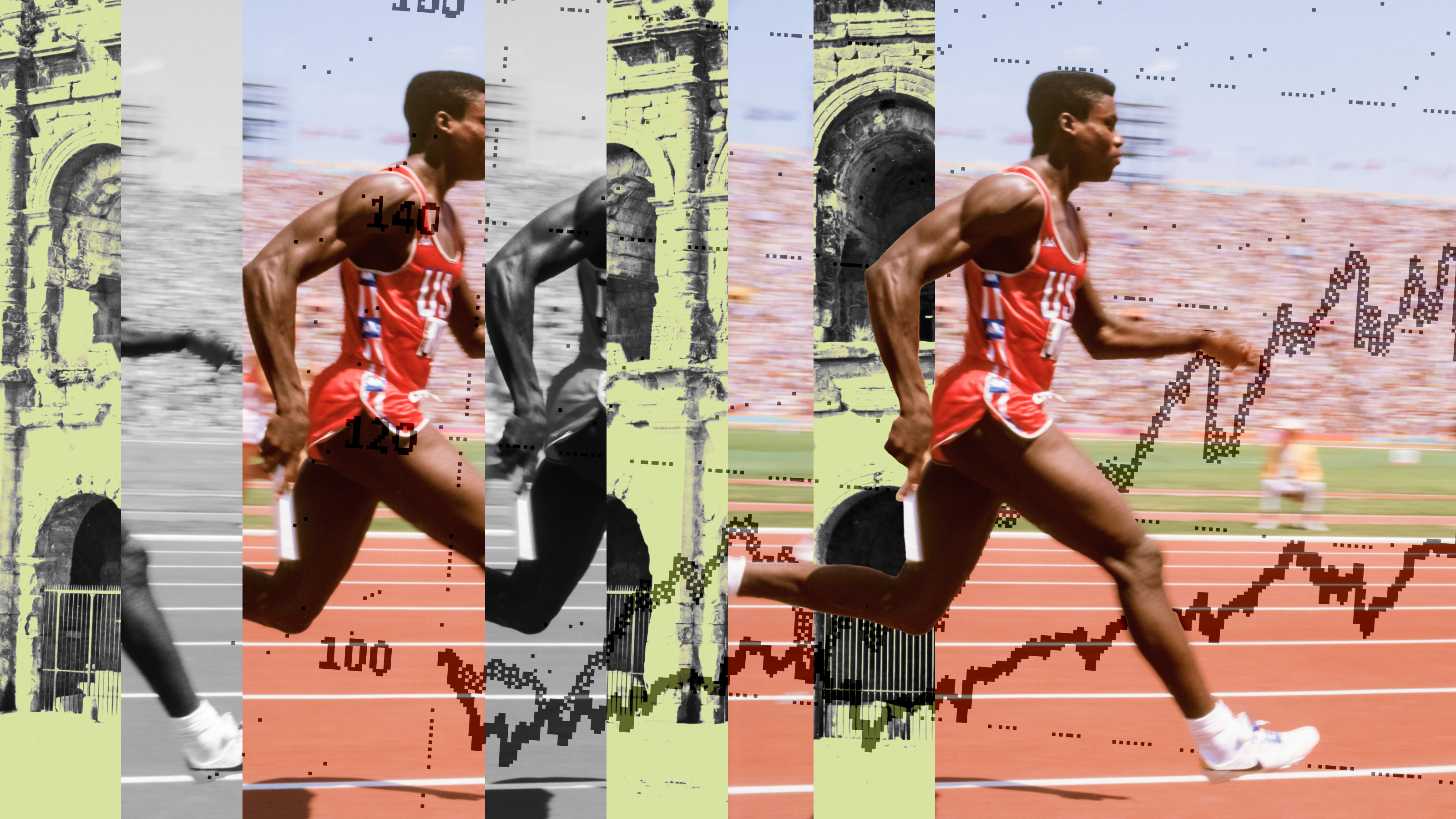Delirium is one of the most perplexing deathbed phenomena, exposing the gap between our cultural ideals of dying words and the reality of a disoriented mind.
All Articles
Only 5% of the Universe is made of normal “stuff” like we are. Could there be dark matter or dark energy life, or even aliens, out there?
Timothy Caulfield, a leading science communicator, discusses the challenges of combatting misinformation in an age of information overload.
Could AI develop true intelligence without sentience? Philosopher Jonathan Birch explores the boundaries of artificial and evolved minds.
Welcome to The Nightcrawler — a weekly newsletter from Eric Markowitz covering tech, innovation, and long-term thinking.
When we divide matter into its fundamental, indivisible components, are those particles truly point-like, or is there a finite minimum size?
Psychologist Bob Sutton encourages leaders and teams to identify the different forms of friction — and reclaim time that would be lost to organizational drag.
The primary causes of global climate change are all due to human activity. Adding aerosols to our atmosphere only exacerbates the problem.
Migration statistics should be regarded with wariness as they are difficult to analyze properly and easily manipulated for political gain.
The ultimate multi-messenger astronomy event would have gravitational waves, particles, and light arriving all at once. Did that just occur?
Retrofitting America’s aging dams for hydropower — while removing ecologically harmful ones — may be a productive path forward.
Nobody likes a micromanager but if you push too hard in the other direction things could get much worse. Here’s how to reset the balance.
A young, nearby, massive star, whose protoplanetary disk appears perfectly edge-on, was just viewed by JWST, with staggering implications.
A new SETI study shows how far the field of technosignatures has come.
Historically, astronomers have often named things creatively, bizarrely, and often inaccurately. But which terms are the most egregious?
Ethan Kross, psychologist and author of “Shift,” explains how negative emotions help us live safely and well.
The artistic and the mathematical mind are not so far apart.
Welcome to The Nightcrawler — a weekly newsletter from Eric Markowitz covering tech, innovation, and long-term thinking.
If we wish to tackle the very real problems society faces, we require expert-level knowledge. Valuing it starts earlier than we realize.
We need to fully acknowledge problems, while vigorously pursuing solutions. Call it “solutionism.”
What we can all learn about the journey from sporting arena to workplace — and how Aristotle can guide our thinking.
Performance psychology reveals the mental techniques elite athletes use to build and maintain their confidence.
Stockholm has been called a “unicorn factory” for its success with new businesses. A unique connection with sports philosophy helps explain why.
Professional sport is a hotbed of “performance anxiety” — and to start managing pressure in all settings, we need to properly define it.
The legendary investor explains the transformative Objectives and Key Results goal-setting framework with an imaginary Super Bowl strategy.
Embedding any leadership philosophy in sports demands a selective and multi-disciplinary approach.
Former sports agent Molly Fletcher translates the discipline of great athletes into a framework for achievement in any field.
George Raveling — the iconic leader who brought Michael Jordan to Nike — shares with Big Think a lifetime of priceless wisdom learned at the crossroads of sports and business.
Whether it’s LeBron’s shooting patterns or your corporate AI strategy, actionable insights are the key to turning data into meaningful results.
Tennis pro Mardy Fish and Spanx founder Sara Blakely both turned failure into their greatest asset.





























